 |
| March 20, 2020 |
Dear Reader,
Here's the latest on COVID-19: Today's top story reviews key questions scientists hope to answer to develop a coronavirus vaccine. Next up, a new study used mathematical modeling to determine which kind of triage policy could be useful in ICUs during a surge—which might help doctors handle the coronavirus outbreak. Also, the new precautions we're all being asked to take may seem excessive—even draconian. Brian Malow explains why that's the wrong way to think about it. Lastly, like other emerging disease outbreaks, COVID-19 is creating immense psychosocial disturbances. The U.S. is taking bold moves to counteract the contagion's physical effects; but how can we also strengthen the country's resistance to its emotional impacts? |
| | Sunya Bhutta, Senior Editor, Audience Engagement
@sunyaaa | |
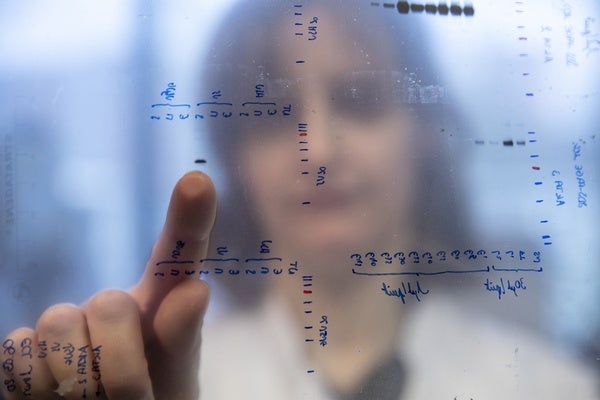 |
| |
| |
| |
| |
| |
| Behavior & Society COVID-19's Psychosocial Impacts The pandemic is putting enormous stress on all of us, but especially on health care workers and other specific groups | | | | |
| |
| |
FROM THE STORE
 | | | |
| |
| |
LATEST ISSUES
 |
| |
| Questions? Comments?  | |
| Download the Scientific American App |
| |
| |





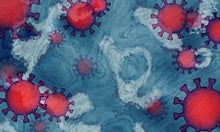

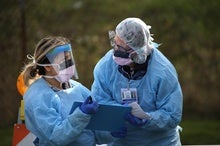


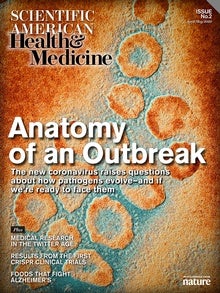



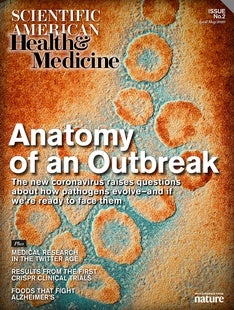
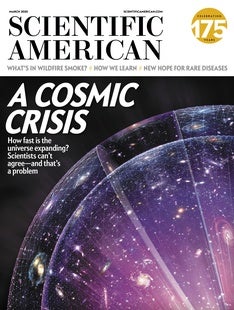
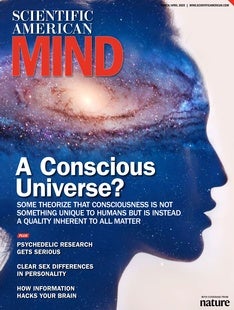



Comments
Post a Comment